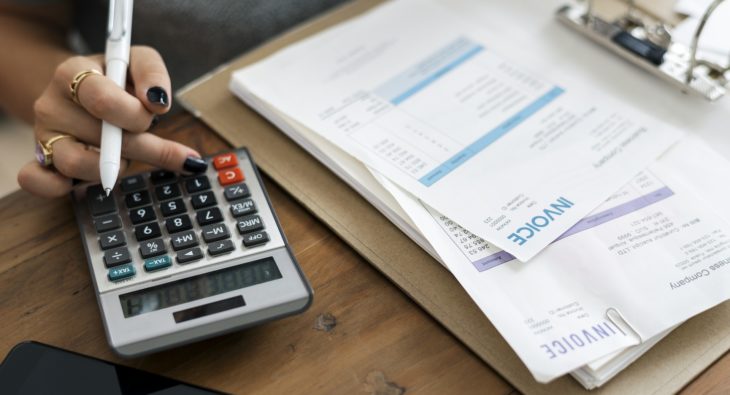Can I Choose to Continue to Pay for Some Debts After my Bankruptcy Has Been Filed?
In some scenarios, it may be advantageous to you personally to repay certain debts that were already discharged during your bankruptcy. Though creditors cannot lawfully persist you to pay your debts after bankruptcy, there is no law prohibiting you from doing so voluntarily if you choose.
If you do wish to provide additional payment to a creditor that has since been discharged through your bankruptcy, you may face certain restrictions on doing so. Examples may include:
- You may not be allowed to use online payment options or other regular conveniences and may be directed to the collections department instead.
- You likely won’t receive invoices or monthly reminders, as the creditors will want to avoid what may be seen as an unlawful attempt to demand payment.
- Your payment may be refused. If your account with your creditor was closed after your debt was discharged, the creditor may not accept additional payments.
- Your payments may not be reported to credit reporting agencies. Since the debt was already discharged, the creditor may not report your additional payments, therefore they will have no effect on improving your credit score.
Regardless of the restrictions above, below are a few common instances where one might choose to voluntarily repay debts that were already discharged through bankruptcy:
- Medical Debt
- Many health providers will refuse to provide further service to those who had their medical debt discharged through bankruptcy. To continue treatment, those individuals may find it necessary to repay these debts.
- Repay a cosigner on a loan
- Even though your responsibility to any loan debts have been discharged through your bankruptcy, any cosigners you may have had on any loans would still be legally responsible for paying the debt.
- Personal satisfaction of repaying borrowed money to a relative or close friend
- Bankruptcy treats personal loans from family and friends the same as major banks and credit card companies. Though your debts to these creditors will be discharged, you may feel personally inclined to repay personal loans to friends or family.
Choosing to repay debts after bankruptcy can be a difficult decision that will require immense financial planning. If you would like to discuss your bankruptcy options with an experienced Bankruptcy Law attorney, contact our office today. Our office can be reached by phone at (702) 998-1188, email at info@ljlawlv.com, or by scheduling an in-person or phone meeting through our online scheduler.
For more information regarding bankruptcy law, check out our Bankruptcy Law blog and Bankruptcy Law TV playlist on our Youtube channel.

